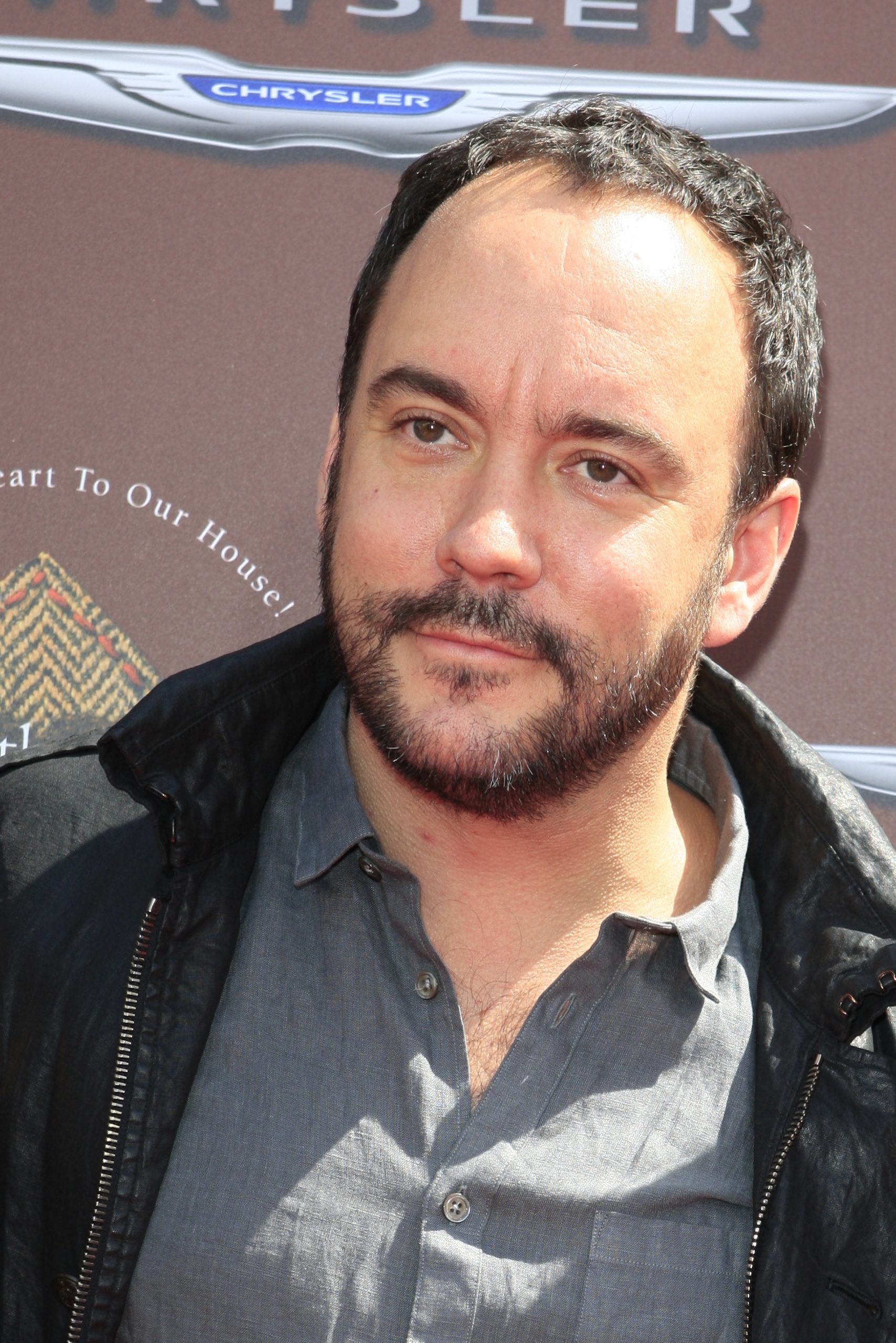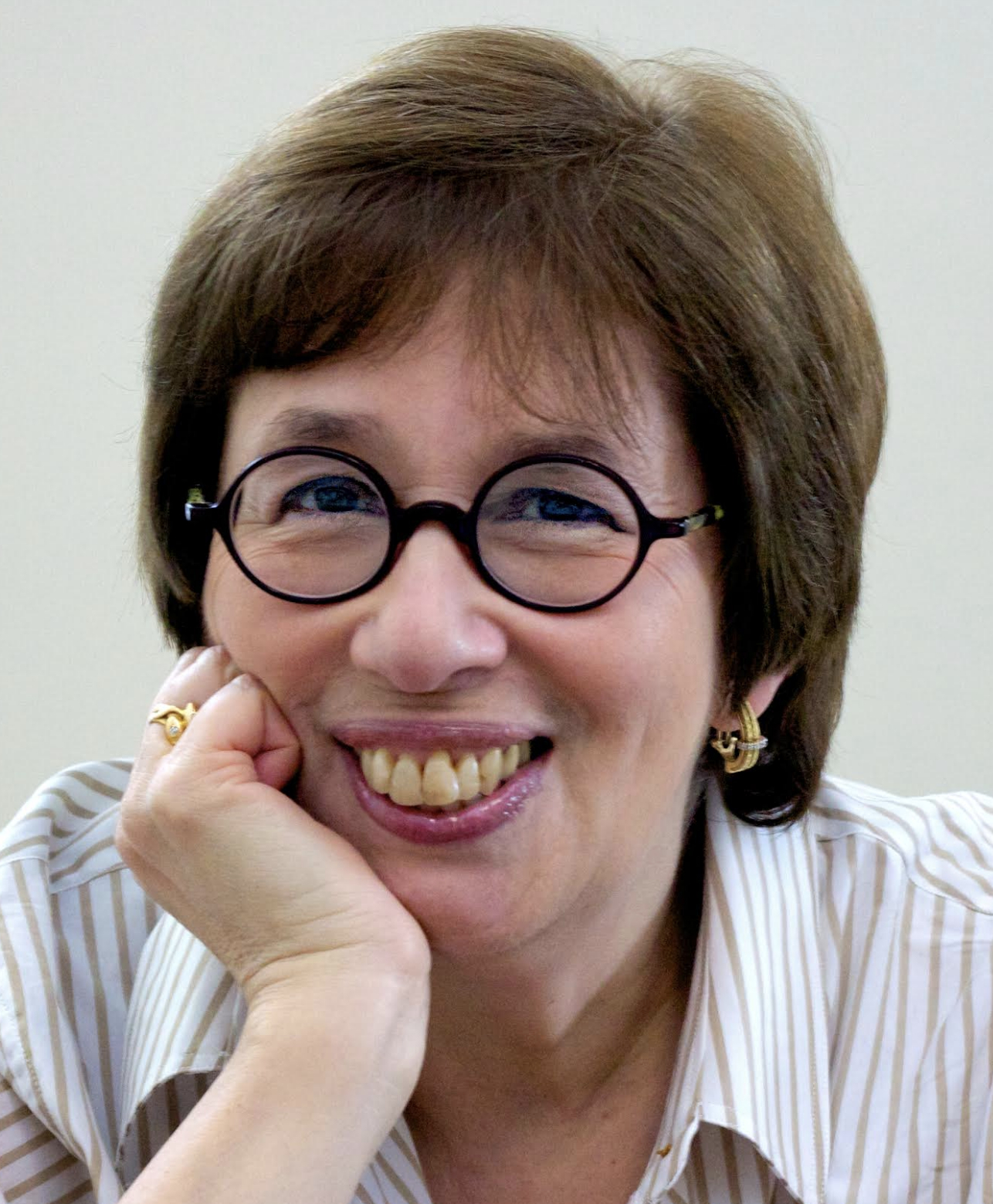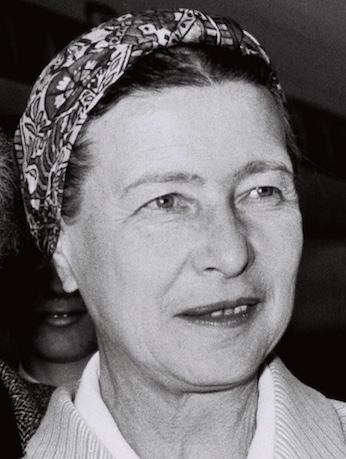January 9
Dave Matthews

On this date in 1967, David John Matthews was born in Johannesburg, South Africa. After high school he moved to the United States to avoid mandatory service in the South African Army. He moved to Charlottesville, Va., in 1986, where he began to hone his musical talents by playing guitar and singing on stage. In 1991 he formed the Dave Matthews Band, a rock group with jazz influences, along with Carter Beauford, LeRoi Moore, Steffan Lessard, Peter Griesar and Boyd Tinsley.
The Dave Matthews Band has recorded nine studio albums as of this writing and continues to tour extensively. The latest is “Come Tomorrow” (2018). Several live albums have also been released and Matthews released his solo album “Some Devil” in 2003. He and his wife Ashley were married in 2000 and have three children: twins Stella Busina and Grace Ann, born in 2001, and August, born in 2007.
Matthews was raised Quaker but lost his faith in his teens after struggling with the idea that most of his loved ones, including his father, would end up in hell. “It would be safe to say that I’m agnostic,” Matthews said in a 2001 Boston Globe article. He elaborated on his agnostic beliefs in an Oct. 4, 2009 Q TV interview: “I can’t believe, in any way, in a god that cares about me. That makes no sense to me, a god that’s watching me and hoping that I make the right choices. That god is impossible.”
“We owe a faith to the world and to ourselves. We owe a grace and gratitude to things that have brought us here. But I think it’s very ignorant to say, ‘Well, for everything, God has a plan.’ That’s like an excuse. Maybe the real faithful act is to commit to something, to take action, as opposed to saying, ‘Well, everything is in the hand of God.’ ”
— Matthews, Boston Globe interview (March 4, 2001)
Linda Greenhouse

On this date in 1947, Pulitzer Prize-winning journalist Linda Greenhouse, a staunch advocate of state-church separation, was born in New York City to H. Robert Greenhouse, a physician, and Dorothy Greenlick Greenhouse, a 1941 graduate of Hunter College. She grew up in Hamden, Conn., later earning a B.A. in government while graduating magna cum laude in 1968 from Radcliffe College, where she was an editor at the Harvard Crimson, worked as a stringer for the Boston Herald and was elected to Phi Beta Kappa.
She joined The New York Times in 1968 as a news clerk to columnist James Reston, then worked as a reporter and Capitol bureau chief covering the legislature in Albany. After a year at Yale Law School, where she earned a master of studies in law degree in 1978, Greenhouse joined the Times’ Washington staff and started a 30-year career reporting on the U.S. Supreme Court.
She won the Pulitzer Prize for Beat Reporting in 1998, the American Political Science Association’s 2002 Carey McWilliams Award for “a major journalistic contribution to our understanding of politics” and the 2004 Goldsmith Career Award for Excellence in Journalism from Harvard University’s Kennedy School. Accepting a Radcliffe Institute Medalist award in 2006, she decried “the sustained assault on women’s reproductive freedom and the hijacking of public policy by religious fundamentalism.”
She ended her tenure as a reporter at the Times in 2008 while continuing to write a biweekly op-ed column on law as a contributing columnist. As of this writing, Greenhouse is the Joseph Goldstein Lecturer in Law and Knight Distinguished Journalist in Residence at Yale Law School and president of the American Philosophical Society. Her husband, Eugene Fidell, is the Florence Rogatz Lecturer in Law at Yale, and their daughter Hannah is a filmmaker in Los Angeles.
Her books include Becoming Justice Blackmun: Harry Blackmun’s Supreme Court Journey (2005), Before Roe v. Wade: Voices That Shaped the Abortion Debate Before the Supreme Court’s Ruling (with Reva Siegel, 2011), The U.S. Supreme Court: A Very Short Introduction (2012), The Burger Court and the Rise of the Judicial Right (with Michael Graetz, 2016) and Just a Journalist: Reflections on the Press, Life, and the Spaces Between (2017).
Greenhouse, speaking at FFRF’s 33rd national convention in October 2010 in Madison, Wis., said she admires the foundation’s work and always finds briefs filed by its attorneys “refreshing and very enlightening.” Her speech addressed “Monumental questions” before the Supreme Court.
“[I]t’s past time for the rest of us to step back and consider the impact of religion’s current grip on public policy — not only on the right to abortion, but on the availability of insurance coverage for contraception in employer-sponsored health plans and on the right of gay and transgender individuals to obtain medical services without encountering discrimination.”
— Greenhouse, "Let's Not Forget the Establishment Clause," The New York Times (May 23, 2019)
Simone de Beauvoir

On this date in 1908, French author and atheist Simone de Beauvoir was born in Paris to Georges Bertrand de Beauvoir, a legal secretary, and Françoise de Beauvoir (née Brasseur), a wealthy banker’s daughter and devout Catholic. A deeply religious child, she initially wanted to be a nun but at age 14 had a crisis of faith and concluded there was no God. She instead studied and taught philosophy and wrote prolifically.
Educated at the Sorbonne, de Beauvoir played a major role in the French Existentialist movement, along with close companion and atheist Jean-Paul Sartre. She is best-known for her monumental work The Second Sex (1949), in which she posited that society treats woman as “the other.” She also wrote popular novels and other nonfiction such as A Very Easy Death (1964). De Beauvoir championed freedom as the ultimate good.
She and Sartre were involved romantically from 1929 until his death in 1980. She never married or had children while engaging in a number of open relationships, including with women. Perhaps her most famous lover was American author Nelson Algren, whom she met in Chicago in 1947. She died of pneumonia at age 78 and is buried next to Sartre in Montparnasse Cemetery in Paris. (D. 1986)
PHOTO: Moshe Milner photo, Creative Commons 3.0
“Man enjoys the great advantage of having a God endorse the codes he writes; and since man exercises a sovereign authority over woman, it is especially fortunate that this authority has been vested in him by the Supreme Being. For the Jews, Mohammedans, and the Christians, among others, man is master by divine right; the fear of God, therefore, will repress any impulse toward revolt in the downtrodden female.”
— Simone de Beauvoir, "The Second Sex" (1949, translated and edited by H.M. Parshley, 1953)
